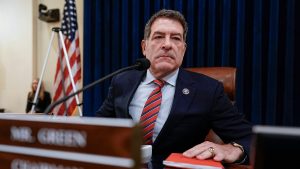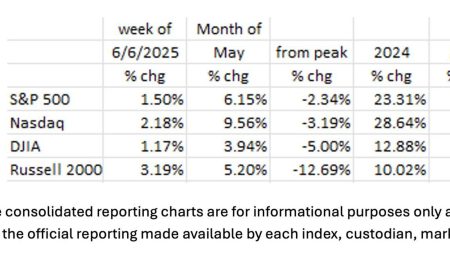The Corporate Transparency Act (CTA), enacted in 2021, mandates that certain companies, primarily smaller businesses, disclose beneficial ownership information to the Financial Crimes Enforcement Network (FinCEN). This legislation aims to combat illicit activities like money laundering and tax evasion by increasing transparency and hindering the use of shell companies. The CTA has faced significant legal challenges, leading to a volatile enforcement landscape. Opponents argue that the Act overreaches Congress’s constitutional authority under the Commerce Clause, citing the formation of an entity as not necessarily constituting interstate commerce. Proponents, however, contend that entity formation is inherently economic activity with potential interstate implications, even at the local level. This fundamental disagreement lies at the heart of the ongoing legal battles.
The CTA’s enforcement status remains precarious due to multiple lawsuits challenging its constitutionality. While some district courts have denied motions against the Act, others have granted preliminary injunctions, halting enforcement. The most prominent case, Texas Top Cop Shop, initially saw a nationwide injunction against the CTA, which was subsequently stayed and then reinstated by different Fifth Circuit panels. This legal back-and-forth created considerable confusion and uncertainty, particularly for businesses attempting to comply with the reporting requirements. The Supreme Court is currently considering the government’s application to stay the injunction in Texas Top Cop Shop, focusing primarily on the scope of the injunction rather than the CTA’s underlying constitutionality.
Adding to the complexity, another Texas district court in Smith v. Treasury also issued a nationwide preliminary injunction against the CTA enforcement. This second injunction further complicates the situation, as even if the Supreme Court were to lift the injunction in Texas Top Cop Shop, the Smith v. Treasury injunction would still prevent immediate enforcement. The ongoing legal challenges underscore the deeply divided opinions regarding the CTA’s constitutionality and its potential impact on businesses. The differing interpretations of the Commerce Clause, specifically regarding the definition of economic activity, fuel this legal and political debate.
The fluctuating enforcement status of the CTA has presented significant challenges for advisors and businesses alike. The constant shifts between compliance and non-compliance, driven by court decisions and appeals, have necessitated frequent updates and revisions to guidance. This dynamic environment has made it difficult for businesses to plan effectively and has created a sense of uncertainty regarding their legal obligations. While some larger businesses have proactively gathered the necessary information for compliance, the volatile situation has made it difficult to determine when and if to formally submit reports to FinCEN.
The constitutional arguments against the CTA primarily center on the Commerce Clause, with additional arguments based on the First, Fourth, Fifth, Eighth, and Tenth Amendments. Opponents argue that the Act infringes upon rights of association and compels disclosure of private information, potentially constituting unreasonable search and seizure and violating the privilege against self-incrimination. The severity of penalties, including substantial monetary fines and imprisonment, has also been challenged as cruel and unusual punishment. The government, in its defense, emphasizes national security concerns and the need to combat illicit activities, positioning the CTA as a vital tool to achieve these goals.
The future of the CTA remains unclear. The Supreme Court’s decision regarding the Texas Top Cop Shop injunction will significantly influence the trajectory of the legal challenges and subsequent enforcement efforts. If the injunction is lifted, the CTA’s reporting requirements could be reinstated, though it’s likely FinCEN would provide an extended compliance window. However, if the injunction remains, the constitutional challenges will continue to be litigated in lower courts, potentially leading to further appeals and prolonged uncertainty. The ultimate fate of the CTA hinges on these legal battles and the evolving interpretations of the Commerce Clause’s scope and application to modern business practices.










